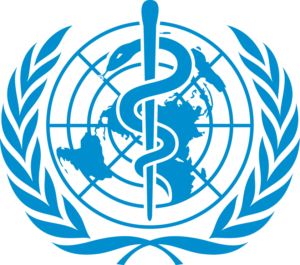Aspartame, one of the world’s most common artificial sweeteners, is set to be declared a possible carcinogen on July 14 by the International Agency for Research on Cancer (IARC), the World Health Organization’s (WHO) cancer research agency.
 The IARC ruling, finalized in June after a meeting of the group’s external experts, is intended to assess whether something is a potential hazard or not, based on all the published evidence, according to the agency. The IARC said it assessed 1,300 studies in its June review.
The IARC ruling, finalized in June after a meeting of the group’s external experts, is intended to assess whether something is a potential hazard or not, based on all the published evidence, according to the agency. The IARC said it assessed 1,300 studies in its June review.
The declaration, however, does not take into account how much of a product a person can safely consume. This advice comes from a separate WHO expert committee, known as JECFA (the Joint WHO and Food and Agriculture Organization’s Expert Committee on Food Additives), alongside determinations from national regulators, according to the organization.

JECFA is reviewing aspartame use and will also announce its findings on July 14. Since 1981, JECFA has said aspartame is safe to consume within accepted daily limits. National regulators have shared the same view, including in the U.S. and Europe.
Nozomi Tomita, an official from Japan’s Ministry of Health, Labour and Welfare, wrote in a letter dated March 27 to WHO’s deputy director general, Zsuzsanna Jakab, “We kindly ask both bodies to coordinate their efforts in reviewing aspartame to avoid any confusion or concerns among the public.” The letter also called for the conclusions of both bodies to be released on the same day, which is set to happen.
The IARC’s decisions have faced criticism for sparking needless alarm over hard to avoid substances or situations. It has four different levels of classification–carcinogenic, probably carcinogenic, possibly carcinogenic and not classifiable. The levels are based on the strength of the evidence, rather than how dangerous a substance is, according to the agency.
The International Council of Beverages Associations’ executive director Kate Loatman said public health authorities should be “deeply concerned” by the “leaked opinion,” and also warned it “could needlessly mislead consumers into consuming more sugar rather than choosing safe no- and low-sugar options.”
Aspartame is authorized for use globally by regulators who have reviewed all the available evidence, and major food and beverage makers have defended their use of the ingredient for decades. According to sources close to the IARC, listing aspartame as a possible carcinogen is intended to motivate more research, which will help agencies, consumers and manufacturers draw firmer conclusions.
For more information, visit www.who.int.





